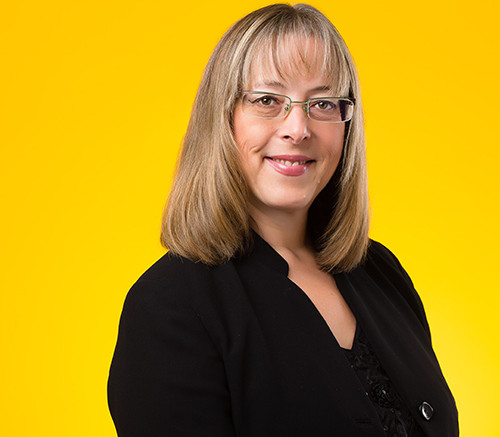Workplace boundaries and microaggressions
Grace O’Farrell, associate professor, business and administration department
Grace O’Farrell moved to Winnipeg at 18 years old.
“I was working full-time, and I came to the University of Winnipeg (U of W), (studying) nights for years,” O’Farrell says.
She completed a double major in economics and administrative studies, now called the business department. “I was a gold medalist in the year that I graduated,” she says.
From there, O’Farrell finished her master’s degree in business from the University of Manitoba. She then taught in the U of W’s business department. During that time, she also received her Certified Management Accountant designation.
O’Farrell completed some doctoral studies at the University of Western Ontario with the Richard Ivey School of Business. She then returned to teach at the U of W once more. “When I come to the university, it’s like coming home,” she says.
O’Farrell says she learns from students all the time. For example, if they say something interesting in class, “or it’s a cultural difference that I’m not aware of, I need to brush up on that.”
Her research streams include accounting, as well as bullying and harassment in the workplace. “I really prefer, at this stage in my career, to collaborate with others. It’s more fun for me.”
O’Farrell also used to study work-life balance. She realized she needed to have more boundaries. She says, “Not necessarily my availability, but just my expectation of myself ... and that could be very freeing, being less hard on ourselves.”
Right now, O’Farrell is particularly interested in exploring microaggressions.
“Microaggression is really dealing with small insults and slights that people make, often about others.” O’Farrell specifies that they are often about race, gender and status. “They are harmful to the target ... Even one experience can have a lasting effect.”
—
If you could have any superpower, what would it be?
“Mental telepathy ... I would absolutely love to be able to really communicate somehow in a way that mere words are not sufficient.”
What is the best part of your job?
“I love my students ... When students are there, and they’re excited, and they want to learn. There’s nothing better than being able to be part of that process, to be part of their development.”
What do you do in your spare time?
“I actually read a lot. I love to walk.”
Published in Volume 77, Number 18 of The Uniter (February 9, 2023)








